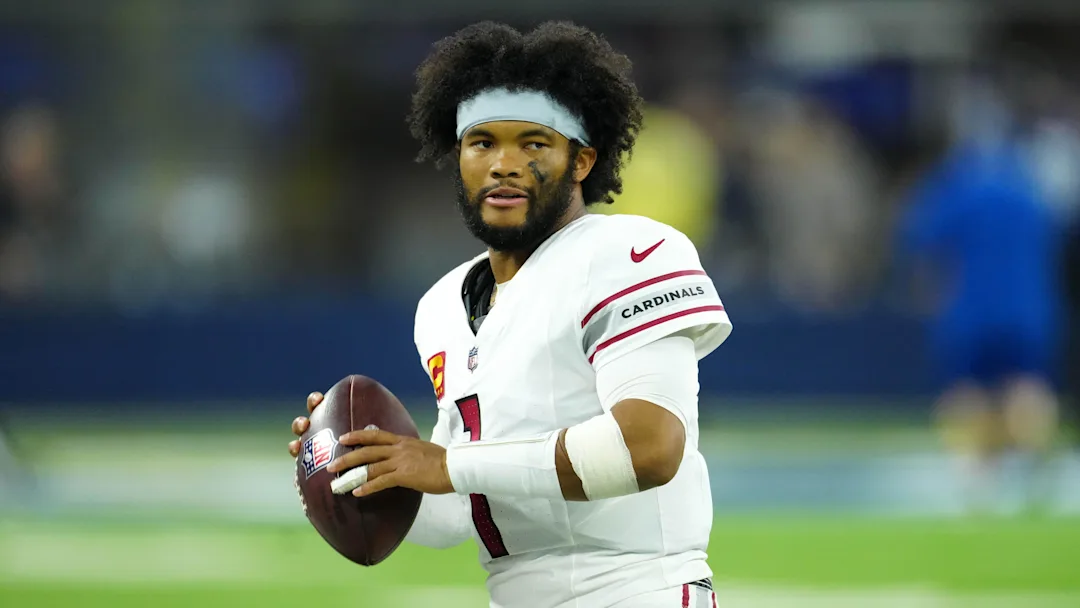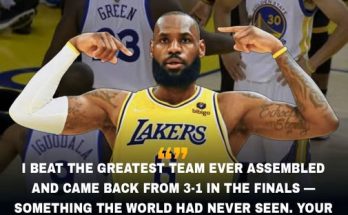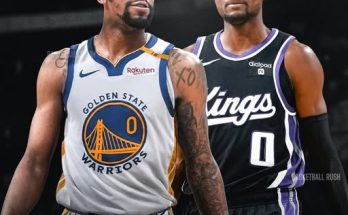When the Arizona Cardinals committed to quarterback Kyler Murray with a massive five-year, $230.5 million extension in July 2022, it didn’t just make headlines—it sent shockwaves through the NFL. The timing, the numbers, and the structure of the deal all pointed to one thing: Deshaun Watson’s fully guaranteed $230 million contract with the Cleveland Browns had officially reset the bar. And the Cardinals, faced with the challenge of securing their franchise quarterback amid a rapidly changing quarterback market, looked straight at the Watson blueprint and used it to sculpt Murray’s future in Arizona.
This wasn’t just a business transaction. It was a turning point, not only for the Cardinals but for the way NFL teams evaluate and pay quarterbacks. The Murray deal—just slightly above Watson’s in total value but with less guaranteed money—was a strategic play. It acknowledged Murray’s talent and potential, placated his growing impatience for a new deal, and most critically, allowed the Cardinals to keep pace with the shifting tectonics of quarterback contracts.
Deshaun Watson’s contract was the spark. Cleveland’s decision to guarantee every dollar of Watson’s $230 million deal stunned NFL circles. It shattered the traditional structure of quarterback deals, where guaranteed money was usually reserved for a portion of the contract, not the whole thing. By doing so, Cleveland raised expectations across the league—especially among young, elite quarterbacks approaching extensions. Kyler Murray was one of them.
At the time, Murray had just completed his third NFL season, compiling 70 total touchdowns in three years and leading Arizona to a playoff appearance in 2021. His game-breaking mobility, arm strength, and creativity made him one of the most electrifying players in the league. Yet there were still questions—about durability, consistency, and leadership. Still, the Cardinals recognized what they had: a 24-year-old dual-threat quarterback capable of carrying a franchise when healthy and locked in. Letting that kind of player walk is rarely a smart decision.
So Arizona acted. With Watson’s deal still fresh, the Cardinals and Murray’s camp went into negotiations already understanding that the old quarterback pay scale no longer applied. The Watson contract had broken the mold. And even if NFL owners and general managers were reluctant to follow Cleveland’s lead with fully guaranteed contracts, the precedent was there.
Murray’s extension landed at five years, $230.5 million, narrowly edging Watson’s total value. But only $160 million of that was guaranteed, a figure far below Watson’s historic number. That detail was crucial. It allowed Arizona to say, “Yes, we believe in you,” while still protecting itself from total exposure in the event of injury or regression. In a way, it was the perfect hedge: an elite quarterback contract modeled after Watson’s, but with just enough team-friendly flexibility to give the Cardinals breathing room.
The timing of the deal was also no coincidence. Murray’s camp, led by agent Erik Burkhardt, had grown increasingly vocal that the quarterback deserved a new deal before the 2022 season. Rather than risk a public holdout or allow tensions to fester, Arizona got in front of the issue. The team showed good faith and seriousness, rewarding a young face of the franchise before things turned sour—a lesson perhaps learned from other franchises that waited too long.
Publicly, the Murray deal received mixed reactions. Some analysts applauded the Cardinals for securing a rising star early. Others questioned whether Murray had proven enough to warrant top-tier quarterback money. The language in the contract—particularly a now-infamous clause requiring Murray to complete four hours of “independent study” per week—fueled further scrutiny. Critics saw it as a red flag, implying that Arizona had reservations about Murray’s preparation and commitment. That clause was later removed after public backlash, but the damage was done—it became a flashpoint in the narrative around Murray’s maturity and readiness to lead.
Still, in the eyes of the Cardinals’ front office, none of that changed the fact that securing a franchise quarterback—flawed or not—was priority number one. And the Watson deal had changed the math. The quarterback market was no longer a slow, steady climb. It had exploded. As such, waiting on Murray would have meant risking an even more inflated deal later, or worse, losing him altogether. The Cardinals chose certainty.
In the months and years since, the ripple effects of Watson’s contract—and by extension, Murray’s—have continued to be felt. Lamar Jackson’s negotiations with the Baltimore Ravens stalled in part because of his insistence on a Watson-style fully guaranteed deal. He ultimately signed a five-year, $260 million contract in 2023 with $185 million guaranteed—more than Murray, but still shy of Watson’s full guarantee. Justin Herbert and Joe Burrow followed with their own mega-deals, pushing the quarterback salary ceiling even higher.
Yet, Watson’s contract remains an outlier. While it set the stage, it hasn’t become the standard. NFL teams, perhaps recognizing the long-term risks of fully guaranteed money in a physically brutal sport, have largely resisted replicating Cleveland’s approach. Murray’s deal, in this context, sits in a unique middle ground. It acknowledged Watson’s influence while pulling back just enough to maintain some level of financial sanity.
For Arizona, the investment in Murray has come with ups and downs. After signing the extension, Murray’s 2022 season was marred by injuries and inconsistency. He tore his ACL in December and missed the start of the 2023 season. There were whispers of whether the team had jumped the gun. But upon his return, Murray showed flashes of the dynamic playmaker that earned him the deal in the first place. And under new head coach Jonathan Gannon, the organization appears committed to building around him.
What the Cardinals did with Murray wasn’t reckless—it was responsive. They read the tea leaves of the quarterback market and made a calculated decision. They understood the danger of waiting too long, of losing control of the narrative, of allowing discontent to spiral into dysfunction. They saw Watson’s deal not as a mistake, but as a market signal. And they responded with a version tailored to their situation.
It’s easy to judge quarterback contracts in hindsight, when production doesn’t immediately match the paycheck. But the reality is, franchise quarterbacks don’t grow on trees. If a team believes it has one—even an imperfect one—it has to act boldly to secure him. Arizona did exactly that, using Watson’s deal as a blueprint, but adapting it to their reality.
Now, as the league continues to watch young quarterbacks like Caleb Williams, C.J. Stroud, and Anthony Richardson rise, the conversation around guaranteed contracts and player empowerment is far from over. And every new deal—every new negotiation—will be judged against what came before.
In that context, the Cardinals’ approach with Murray wasn’t just a reaction to Watson. It was a strategic evolution. They knew where the market was headed. They knew what their quarterback wanted. And they made sure they didn’t get left behind. Whether Murray ultimately lives up to the deal remains to be seen, but one thing is certain: the Cardinals weren’t flying blind. They had a map—and it was signed in Cleveland.



